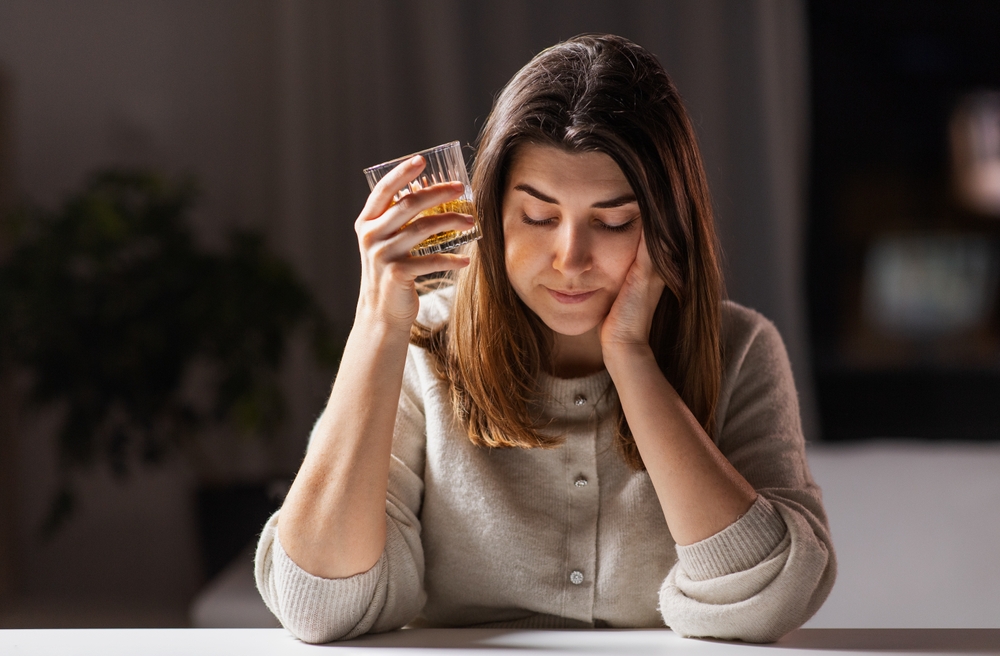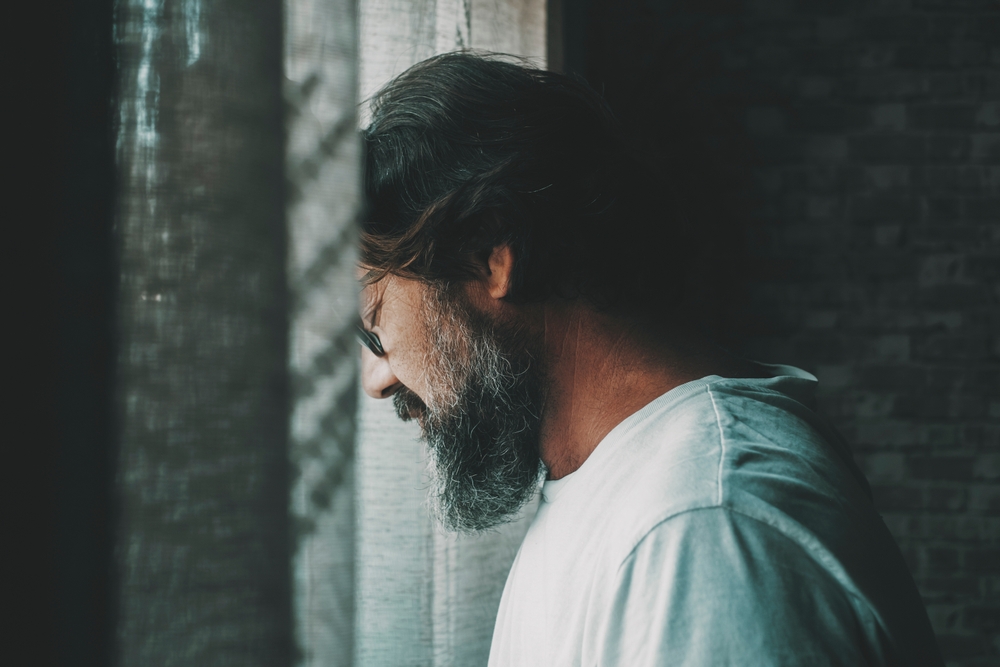What is Depression?
If you’re struggling with depression, you are not alone. Depression, or major depressive disorder, is a common and serious medical illness that can have a negative impact on your mood, behavior, and thought process. Symptoms can include feelings of sadness, loss of interest, and lack of energy. Without treatment, these symptoms can have a negative impact on your job performance and ability to function at home.
Fortunately, depression is treatable with the help of a professional. Kristen Chambers, PMHNP-BC, is a Psychiatric Mental Health Nurse Practitioner who has been providing personalized care for Florida residents in Stuart for many years. Thanks to modern communication technology, you can now access direct help virtually or over the phone.
The following 3 strategies are common practices to help manage your depression and can help anyone. However, if you are ready to work through your depression with a compassionate Psychiatric Mental Health Nurse Practitioner, contact Mental Health Haven today.
Breathing for Decreasing Anxiety and Depression?
When feeling anxious or stressed, many people tend to take shallow, irregular breaths without realizing it. Deep breathing is a great way to reduce anxiety and offer relief from depression symptoms. By taking deep breaths, your lungs supply more oxygen to your brain and body. Slower breaths from your abdomen activate the parasympathetic nervous system which regulates the body’s rest-and-relaxation response and brings about a sense of peace and understanding. Additionally, when in this relaxed state, your body is able to redirect its attention, helping to reignite interest in activities and offering a solution for feeling low.
How to take deep breaths
Breathing is a simple thing, but intentional breathing can need some guidance. Breathe in for 3-6 seconds and exhale for 3-6 seconds. The goal is to fill your lungs to capacity without being uncomfortable. Also, notice if you are clenching your teeth or your shoulders are tight, notice those tense areas and focus on relaxing those muscles. You will feel your body relaxing into position with each breath.
How Does Physical Exercise Help With Depression?
The positive effects of physical activity on mental health are well known. Endorphins are internal factors that contribute to feeling content and relaxed. Many people refer to the pleasant sensations this produces as the “runner’s high”.
You don’t need to go to the gym or buy anything to experience the benefits of physical activity. Even a small amount of exercise, such as 15 minutes a day, can have a significant impact on your mood and well-being. Exercise can also help to combat reactive depression by providing a distraction from the source. All in all, incorporating more physical activity into your life can be a great way to improve your mental health.
How Does Journaling Help With Depression?
Journaling can be an excellent way to manage depression. Writing down your thoughts allows you to recognize when your brain is catastrophizing (thinking the worst will happen). Through journaling, you can also gain insight into the patterns and triggers of your depression. Gaining awareness of these issues and challenging them can help to resolve them. Additionally, practicing gratitude and reflecting on the positive aspects of life can help to break through feelings of depression.
When Should I Seek Professional Help?
If you feel as though your depression is interfering with relationships or work, if your symptoms are getting worse with alcohol & drug abuse, or if you have self-harming thoughts, it is time to speak with a provider. Schedule your appointment to take control of your depression and your life.




